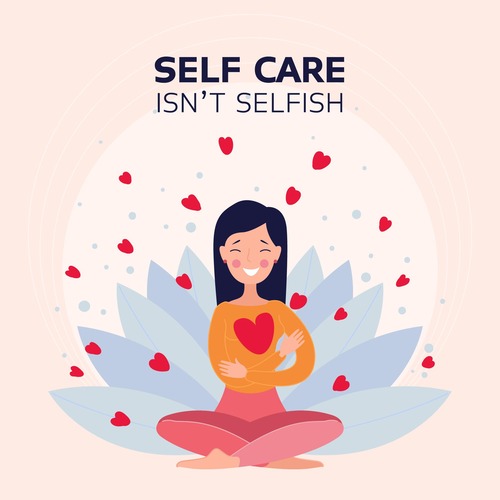Preventing Burnout

Identifying Burnout
The World Health Organization classifies burnout as a genuine medical condition, signifying its grave nature. Burnout manifests as a combination of physical, emotional, and mental fatigue. It's imperative to understand that it can exhibit varied symptoms in different individuals – from withdrawal to agitation. Some prevalent signs include feelings of overwhelm, self-doubt, detachment from duties, palpable exhaustion, frequent headaches, and general malaise.
Strategies to Forestall Burnout
A pivotal guideline is discerning between controllable and uncontrollable elements in one's life. A visual aid, like the 'circle of influence' encompassed by a broader 'circle of concern,' can help in this distinction. Focus should be on what's within one's grasp and authority.
For concerns outside one's control, a therapeutic technique involves writing them down and freezing these worries.
Another proactive step is structuring one's day in advance. Controlling conversations, especially with clients, is vital. Though camaraderie is valued, boundaries are essential to maintain mental equilibrium.
Dispelling the outdated notion of the beauty industry professionals needing to work extended hours on weekends or evenings is paramount. With the dynamic nature of modern work schedules, there’s no rationale for sustaining such burdensome hours. Boundaries, pacing, and prioritizing mental wellness can lead to transformational outcomes.
Burnout is a state of physical, emotional, and mental exhaustion, often caused by prolonged stress. It can lead to a decline in job performance, alienation from work-related activities, and health problems. Here’s a detailed guide on how to prevent it.

1. Self-awareness and Early Identification
Regular Check-ins: Periodically assess your feelings and emotions. Tools like the Maslach Burnout Inventory can help.
Know the Symptoms: Understand signs such as chronic fatigue, increased irritability, reduced performance, and feelings of detachment.
2. Establish Boundaries
Work-Life Balance: Separate work time from personal time. Resist the urge to respond to work emails or calls outside designated work hours.
Break Periods: Schedule short breaks during work to rest and recharge. Use this time for relaxation techniques, a short walk, or even meditation.
3. Prioritize Self-care
Physical Health: Engage in regular exercise, maintain a balanced diet, and ensure adequate sleep.
Mental Health: Seek therapeutic methods such as counseling, mindfulness practices, or meditation.

4. Stay Connected
Build Support Systems: Forge strong relationships with colleagues, friends, and family. Share concerns and seek advice when needed.
Seek Peer Support: Sometimes, colleagues may offer insights into managing work pressures, as they understand the unique challenges of the industry.
5. Manage Expectations
Be Realistic: Recognize your limits and understand that it's okay not to take on more than you can handle.
Clear Communication: Regularly converse with superiors about job roles, expectations, and potential modifications if tasks become too overwhelming.
6. Continual Learning and Development
Skill Enhancement: Stay updated with the latest in your industry. The confidence gained from mastering new skills can reduce feelings of inadequacy.
Adaptability: Embrace change as an opportunity for growth rather than a threat.
7. Time Management
Prioritize Tasks: List daily tasks in order of importance and tackle them methodically.
Delegate: Trust colleagues with responsibilities. You don’t have to do everything yourself.

8. Mindful Practices
Stay Present: Engage in activities that anchor you to the present moment, such as deep breathing or grounding exercises.
Positive Affirmations: Start the day with positive statements about yourself and your work.
9. Seek Feedback
Regular Reviews: Constructive feedback can provide clarity on performance, highlighting areas of improvement and affirming areas of strength.
Openness to Criticism: Use criticism as a tool for growth rather than a source of stress.
10. Celebrate Achievements
Acknowledge Milestones: Recognize and reward yourself for both small and large achievements.
Stay Motivated: Keeping a record of accomplishments can act as a reminder of your capabilities during challenging times.
Incorporating these strategies into your daily life can pave the way for a more balanced and fulfilling professional journey, reducing the risks associated with burnout.